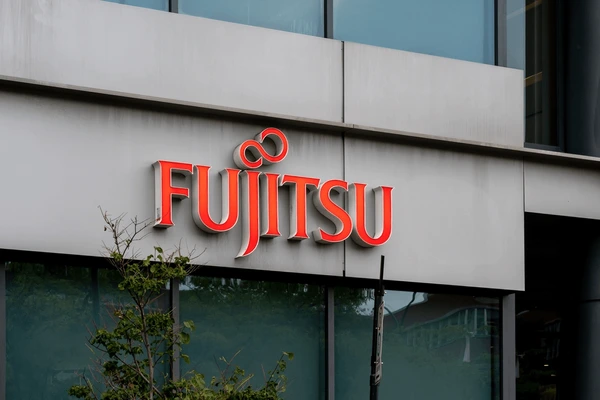Fujitsu Ltd., a Japanese technology company, has found itself entangled in controversy in the United Kingdom, where it has secured over £3.4 billion ($4.3 billion) worth of active contracts with various parts of the British state since 2019. This revelation has come to light despite Fujitsu’s involvement in the notorious Post Office scandal, which shook the country’s financial and judicial systems.
The scandal, which dates back several years, centers around Fujitsu’s supply of Horizon software to the Post Office, the UK’s postal service provider. Horizon software was intended to streamline operations and improve efficiency at local post offices. However, it soon became apparent that the software contained critical bugs and glitches, leading to widespread inaccuracies in financial records. These inaccuracies resulted in hundreds of local branch managers being wrongfully accused of theft and fraud, with some even facing prosecution and imprisonment based on erroneous evidence provided by the faulty Horizon system.
In 2019, a court ruling associated Fujitsu with the Post Office scandal, highlighting the company’s role in the wrongful prosecution of innocent individuals. Despite this damning revelation, Fujitsu continued to secure lucrative contracts with various British state entities, raising questions about accountability and ethical procurement practices within the government.
According to data from the House of Commons Treasury Select Committee, Fujitsu’s contracts with the British state include deals with HM Revenue & Customs (HMRC), the Financial Conduct Authority (FCA), and the Bank of England, among others. These contracts amount to £3.4 billion in total, with £1.4 billion awarded after the 2019 court ruling linking Fujitsu to the Post Office scandal.
The contracts with HMRC, worth £2.8 billion, involve services such as the resale of threat and vulnerability management software. Similarly, the agreements with the FCA, totaling £629.3 million, include support for traders submitting customs declarations. Even the Bank of England, with whom Fujitsu has a commitment of £417,586, has engaged the company for certain services.
Members of Parliament on the Treasury Committee uncovered these figures as part of their investigation into the Post Office scandal. Despite the damning revelations and ongoing public inquiry into the scandal, several of Fujitsu’s contracts with British state entities remain active. For instance, contracts worth £1.4 billion with HMRC and £9 million with the FCA are still in effect, raising concerns about accountability and the government’s commitment to ethical procurement practices.
In response to inquiries from the Treasury Committee, Treasury officials confirmed that Fujitsu had not directly been awarded any contracts by the department since 2019. However, the revelation of Fujitsu’s continued engagement with other government entities has sparked outrage and calls for greater transparency in procurement processes.
The Post Office scandal has had far-reaching implications, with thousands of innocent individuals having their lives and livelihoods destroyed due to wrongful accusations and prosecutions. A public inquiry is currently underway to determine accountability and ensure justice for the victims of the scandal. The inquiry has heard damning evidence of Fujitsu’s role in the debacle, with revelations of known errors and defects in the Horizon software from the beginning of its deployment.
Paul Patterson, a Fujitsu executive, has apologized for the company’s role in the scandal and acknowledged its moral responsibility to contribute to redress payments for the victims. However, the revelation of Fujitsu’s continued engagement with the British state, despite its involvement in such a significant scandal, has raised questions about corporate accountability and government oversight.
As the public inquiry into the Post Office scandal continues, there are growing calls for greater scrutiny of Fujitsu’s contracts with the British state and for accountability measures to ensure that such injustices are not repeated in the future. The revelations serve as a stark reminder of the importance of ethical procurement practices and corporate responsibility in the public sector.











